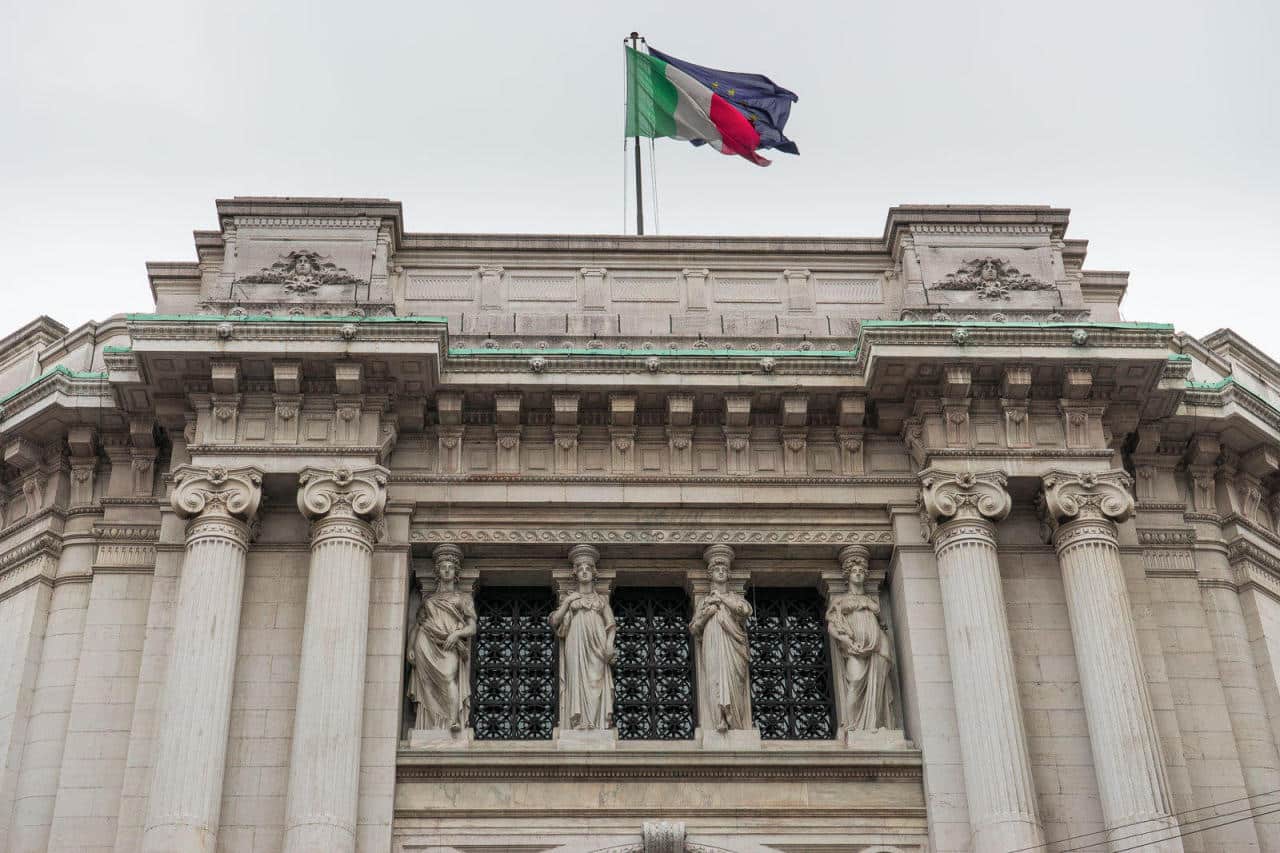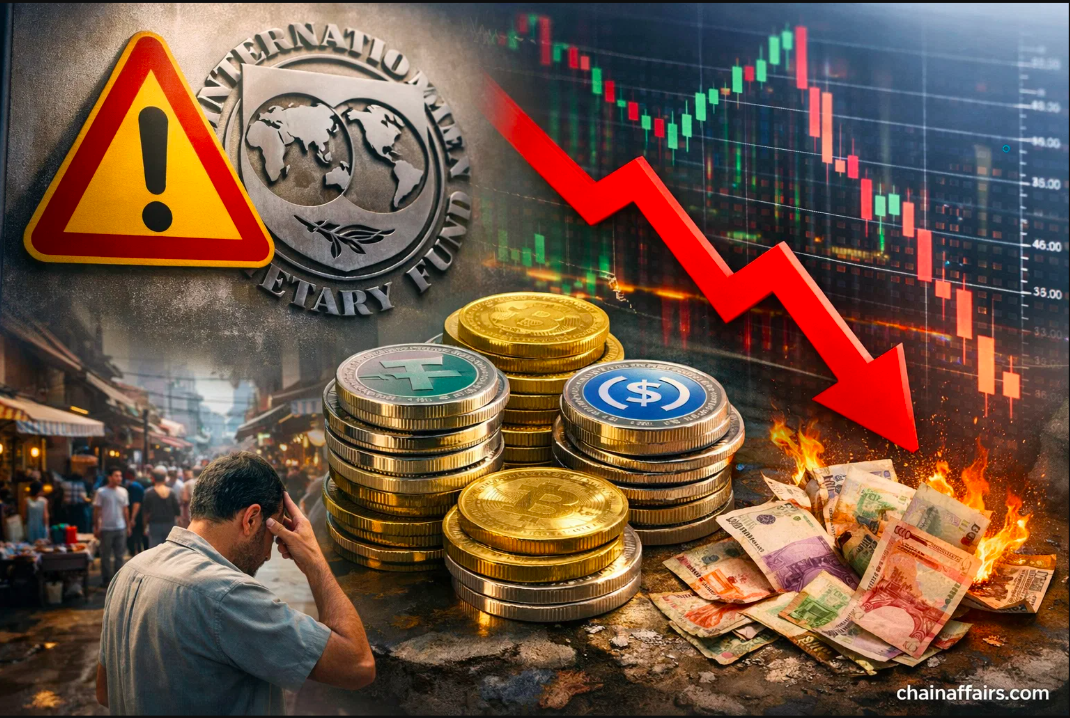|
Getting your Trinity Audio player ready...
|
Italy’s central bank, Banca d’Italia, and the country’s securities regulator, Consob, are engaged in critical discussions with crypto service providers to safeguard against financial and cybersecurity risks. Fabio Panetta, Governor of the Bank of Italy, emphasized these concerns during his speech at the 31st Assiom Forex Congress on February 15, 2025. The ongoing conversations highlight Italy’s proactive approach to managing potential dangers in the evolving crypto landscape.
Panetta underscored that the global regulatory focus on crypto assets is intensifying, especially due to concerns about money laundering, financial instability, and cybersecurity. He pointed out that while Europe has introduced the Markets in Crypto-Assets Regulation (MiCA) to protect investors, the United States adopts a case-by-case regulatory approach, depending on whether crypto assets are classified as securities.
A key point in Panetta’s remarks was the divergence between European and U.S. regulatory frameworks. Panetta noted that the Trump administration’s January 2023 executive order on digital financial technology suggests a desire to integrate crypto into the financial system, contrasting with Europe’s more cautious stance. He warned that this regulatory disparity could create opportunities for crypto operators to exploit loopholes, potentially undermining the integrity of the global financial system.
Additionally, Panetta highlighted the growing concerns about Big Tech’s potential expansion into the crypto space. He expressed fears that tech giants issuing digital tokens through online platforms could pose significant risks to commercial banks, which might lose key operations to these decentralized systems. He cautioned against the broader implications that could arise if privately issued tokens gain widespread adoption, particularly threatening the stability of traditional fiat financial systems.
As Italy’s central bank collaborates with Consob, they aim to ensure that crypto service providers operating within Italy have robust safeguards against strategic, operational, and financial risks, as well as safeguards against money laundering and sanctions evasion. The continued evolution of global regulations will play a critical role in shaping the future of digital finance.
Disclaimer: The information in this article is for general purposes only and does not constitute financial advice. The author’s views are personal and may not reflect the views of Chain Affairs. Before making any investment decisions, you should always conduct your own research. Chain Affairs is not responsible for any financial losses.
I’m a crypto enthusiast with a background in finance. I’m fascinated by the potential of crypto to disrupt traditional financial systems. I’m always on the lookout for new and innovative projects in the space. I believe that crypto has the potential to create a more equitable and inclusive financial system.




